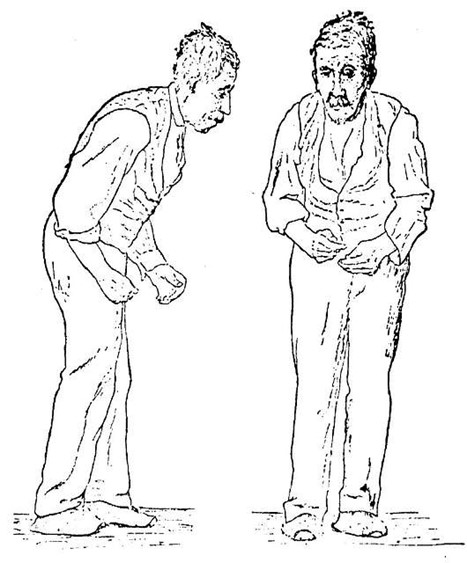Balancing Flavor and Health: Turkey Bacon’s Nutritional Benefits and Key Considerations
Turkey bacon has grown in popularity as a healthier alternative to traditional pork bacon, offering a balance of flavor and nutrition that many health-conscious individuals appreciate. However, like any food choice, turkey bacon has its pros and cons. In this blog, we’ll explore its nutritional benefits and important considerations for those looking to add it to their diet.
Nutritional Benefits of Turkey Bacon
- Lower in Calories and Fat One of the primary reasons people switch to turkey bacon is its reduced calorie and fat content. A typical slice of pork bacon contains about 42 calories and 3 grams of fat, while turkey bacon generally has about 30 calories and 2 grams of fat per slice. This makes it appealing to those looking to cut calories and fat from their diet without sacrificing the flavor of bacon.
- A Leaner Protein Source Turkey bacon offers a leaner source of protein compared to pork bacon. For those looking to increase their protein intake while reducing saturated fat, turkey bacon is a good option. While it may not provide the same amount of protein as a chicken breast or fish fillet, it still contributes to daily protein needs, making it a convenient option for breakfast or snacks.
- Lower in Saturated Fat Saturated fat is linked to heart disease and other health issues when consumed in excess. Turkey bacon is lower in saturated fat compared to pork bacon, making it a heart-friendlier option for those trying to reduce their intake of unhealthy fats. However, it’s essential to be mindful of portion sizes to maintain these health benefits.
- Contains Essential Micronutrients Turkey bacon contains several essential nutrients, including B vitamins such as niacin, B6, and B12. These vitamins are important for:
- energy production
- brain health
- maintaining healthy skin
Turkey bacon also provides small amounts of selenium, zinc, and phosphorus, which play roles in immune function and bone health.
Key Considerations When Choosing Turkey Bacon
- Sodium Content One of the major drawbacks of turkey bacon is its sodium content. Like many processed meats, turkey bacon can be high in sodium, with some brands containing up to 500 milligrams per serving. Excessive sodium intake is associated with high blood pressure and an increased risk of heart disease. Opt for reduced-sodium versions when possible and balance your overall daily sodium intake by pairing turkey bacon with fresh, whole foods.
- Processing and Additives Turkey bacon is a processed food, which means it often contains preservatives, additives, and artificial flavors. Some brands may also include nitrates and nitrites, which have been linked to certain health risks when consumed in high amounts. Look for brands that use natural ingredients and avoid products with excessive additives or artificial preservatives.
- Lower Protein Content While turkey bacon is a source of lean protein, it contains less protein per serving compared to pork bacon or other protein-rich foods like eggs or tofu. If you’re aiming to meet higher protein goals, be sure to supplement your diet with other protein sources to avoid deficiencies.
- Texture and Flavor Differences While turkey bacon provides a similar savory flavor to pork bacon, the texture is often softer and less crisp, which may not satisfy everyone’s bacon cravings. The taste can also vary depending on the brand and preparation. If you’re new to turkey bacon, experiment with different cooking methods (such as baking or frying) to achieve the desired texture and flavor.
How to Incorporate Turkey Bacon into a Balanced Diet
- Pair with Whole Grains and Vegetables: For a balanced meal, serve turkey bacon alongside whole grains like whole wheat toast, quinoa, or oatmeal, and add vegetables such as:
- spinach
- tomatoes
- avocados
This combination provides fiber, vitamins, and minerals to complement the lean protein in turkey bacon.
- Use as a Flavor Enhancer: Turkey bacon can be used to add flavor to various dishes without overpowering them with fat or calories. Try crumbling it into salads, adding it to sandwiches, or wrapping it around lean meats for extra flavor.
- Watch Portions: Moderation is key when it comes to turkey bacon. While it’s a healthier option than pork bacon, it’s still processed and can be high in sodium. Limit yourself to 2–3 slices per serving and balance it with nutrient-dense foods.
See the full scientific article from Verywell Health.
Turkey bacon offers a tasty, leaner alternative to traditional bacon, especially for those watching their fat intake or seeking a healthier diet. However, it’s essential to pay attention to sodium content, additives, and portion sizes to make the most of its nutritional benefits. By incorporating it wisely into a balanced diet, turkey bacon can be a flavorful, healthier addition to your meals.
It’s a fantastic idea also to incorporate supplements from the Asher Longevity Institute. By doing so, we can enhance your body’s overall health and well-being.




